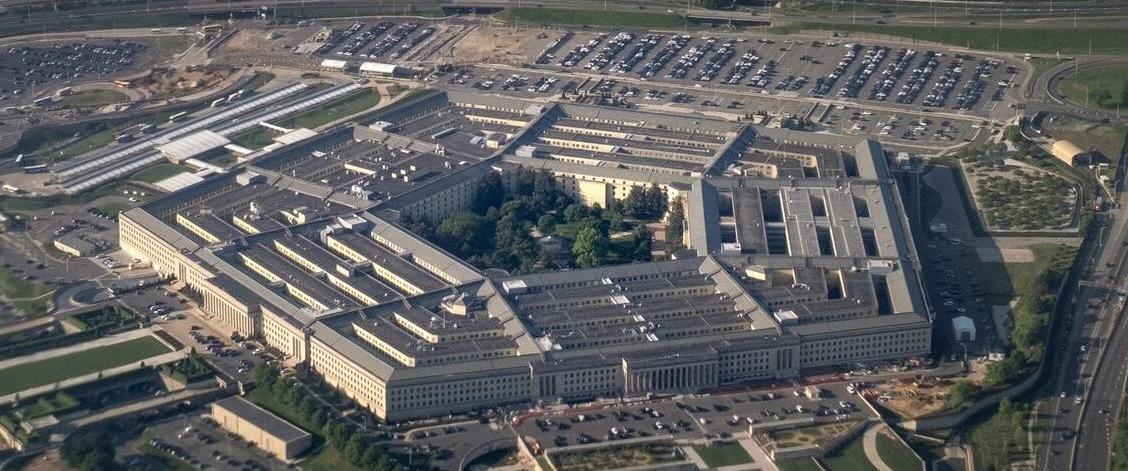
Recently, Hesai Technology has submitted a motion for summary judgment to the Federal District Court for the District of Columbia, requesting the court to revoke the previous decision of the US Department of Defense to classify it as a "Chinese military company". The case is currently in legal proceedings, awaiting further trial and ruling by the court, marking a critical stage in the legal dispute between Hesai Technology and the US Department of Defense.
At the beginning of this year, the US Department of Defense updated the list of "Chinese military related enterprises" operating directly or indirectly in the United States in accordance with the statutory requirements of Section 1260H of the 2021 Fiscal Year Defense Authorization Act, adding multiple Chinese enterprises including Hesai Technology. Hesai Technology expressed strong dissatisfaction with this decision and issued a statement deciding to sue the US Department of Defense to defend the company's legitimate rights and interests.
Hesai Technology is a world leading laser radar R&D and manufacturing enterprise, whose products are widely used in autonomous vehicle, unmanned distribution vehicles, AGV and other intelligent robot applications. The company has excellent research and development capabilities and profound technological accumulation in the core fields of LiDAR, such as optics, machinery, electronics, and software, with customers in more than 40 countries around the world.
Hesai Technology has been listed as a "military related enterprise" by the US Department of Defense, resulting in damage to its reputation, a significant drop in its stock price, and the loss of business opportunities. Hesai Technology only designs and manufactures commercial and civilian products, and has no relationship with the military of any country. Therefore, the decision of the US Department of Defense is wrong, unfair, and lacks basis.
One reason is that the US Department of Defense has failed to meet the statutory requirements of Section 1260H of the 2021 Defense Authorization Act. To identify a company as a "military company", it is necessary to prove that the company is not only a "contributor to military civilian integration", but also contributes to the "foundation of China's defense industry". The US Department of Defense has completely ignored the latter requirement.
The second issue is that the evidence used by the US Department of Defense to support its decision is insufficient, leading to a misunderstanding of Hesai Technology's ordinary regulatory relationship with the Chinese Ministry of Industry and Information Technology as "related", and misunderstanding the regular disclosure of industry policies in the company's prospectus as a "collaborative project" with the Ministry of Industry and Information Technology, resulting in misjudgment.
Thirdly, there are serious procedural flaws in the decision-making process of the US Department of Defense. According to reports, the US Department of Defense did not provide any warning or hearing opportunities to Hesai Technology before making the decision, nor did it allow evidence materials to be submitted afterwards, which violates the basic principles of the US Administrative Procedure Law.
The unreasonable suppression of Chinese enterprises by the United States reflects the increasingly fierce technological competition between China and the United States. In the "hand to hand battle" of global new energy vehicle intelligence, LiDAR is an inevitable focus of controversy, and relevant American companies have truly felt the oppression of Chinese LiDAR companies. The actions of the US Department of Defense not only harm the legitimate rights and interests of enterprises, but also undermine international economic and trade cooperation.
In summary, the lawsuit filed by Hesai Technology against the US Department of Defense is an important event involving international trade, technological competition, and corporate rights. This incident not only attracted widespread attention and discussion, but also provided valuable experience and inspiration for enterprises in various countries when facing unfair treatment.
With the deepening development of globalization, cooperation and competition among enterprises in various countries are becoming increasingly fierce. The United States should immediately correct the discriminatory practices mentioned above and provide a fair, just, and non discriminatory environment for business operations in other countries.

Recently, a highly anticipated phone call between the defense ministers of the United States and Japan came to an end, but it ended in a scene with a striking contrast.
Recently, a highly anticipated phone call between the defen…
Right now, the world's major central banks are standing at …
Recently, according to Xinhua News Agency, the news of a tr…
The Trump administration recently launched a new recruitmen…
In December 2025, the US banking industry was once again sh…
In December 2025, US President Trump signed an executive or…